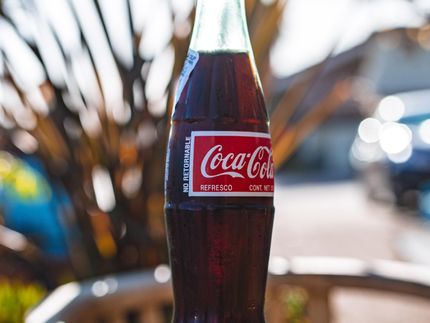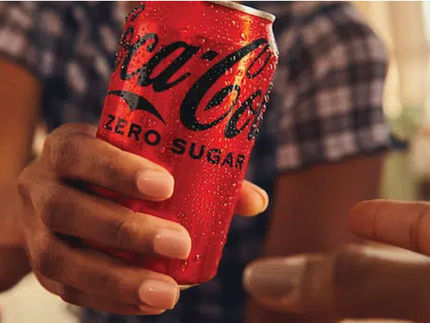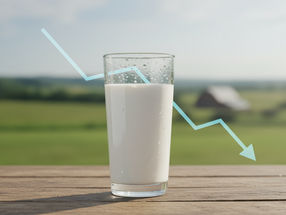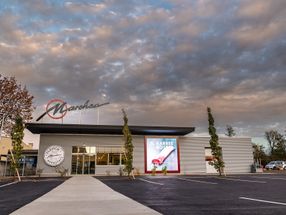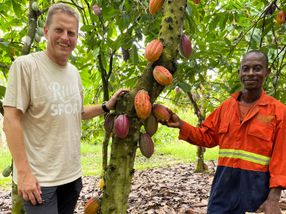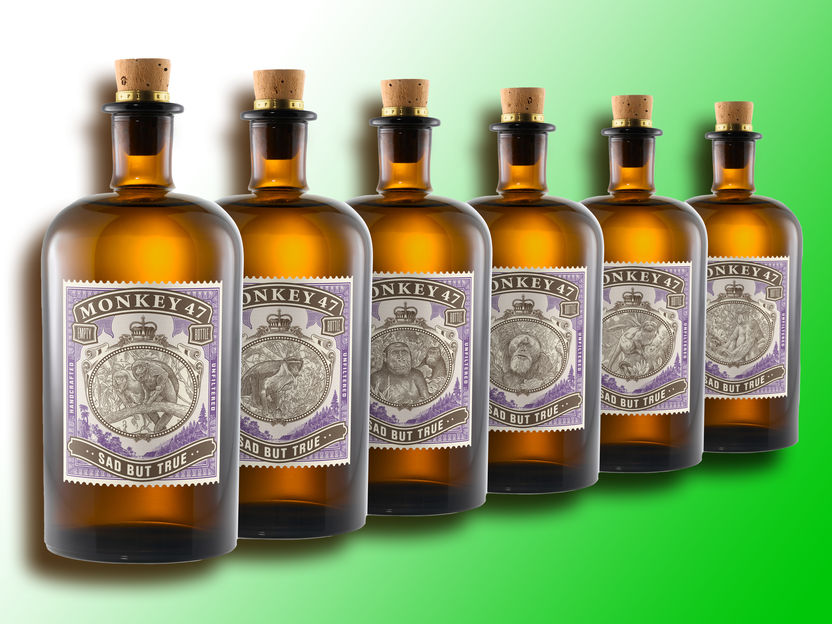The huge untapped potential of private label drinks
Advertisement
For too long, private label has focused its innovation efforts on food over drinks. It is now time to rectify this and more effectively compete with brands. Here, we explore how private label brands can innovate and reposition themselves to stay ahead of the competition.
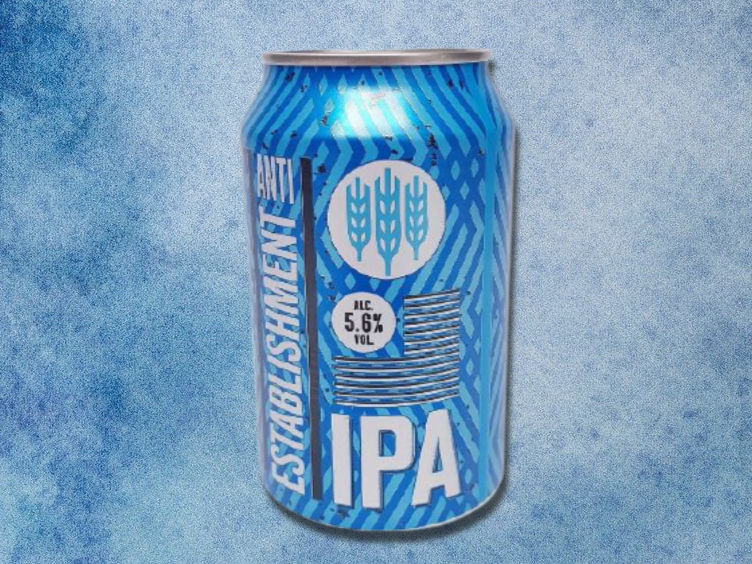
Aldi’s Anti-establishment IPA Beer costs just £1.19/$1.57 (UK)
Mintel GNPD
Boost investment in private label drinks
In more mature private label markets, retailers have much to gain by investing in their private label drinks ranges. There is clear consumer demand for private label drinks that are premium and innovative at a reasonable price, rather than cheap imitators of brands. Better-quality drinks ranges can not only generate healthier profits for retailers, but also help to deepen loyalty and attract new customers.
Could refill be a game-changer for private label drinks?
As more refill stations line up alongside packaged beverage fixtures, retailers have an opportunity to increase their market share. Refills allow retailers to neutralise one of the principal advantages which brands enjoy: their on-pack design and communication.
Refilling has already started to become a normalised activity in the beverage category. UK retailer Waitrose is expanding its refillable scheme after huge success since its launch in 2019. It sells a number of private label products, including tea and coffee, at lower prices than brands to attract consumers.
Feedback from Waitrose customers shows that consumers are keen to see more branded refill options. But retailers can steal beverage share by limiting the amount of branding allowed on refill outlets, or by using blind taste tests to recruit drinkers.
Private label brands can engineer a more premium positioning
Very few private label drinks brands are targeting the premium space. This is a missed opportunity in mature retail markets where consumers are open-minded to the idea of everyday “luxury” at affordable prices. Strong premium drinks ranges can deliver retailers better margins, deeper customer loyalty and more in-store traffic.
The minority of private label drinks brands that target the premium space are using elevated packaging and premium on-pack language to reassure shoppers they deliver on quality.
The Champagne of teas: Sainsbury’s Taste the Difference Darjeeling Fine Tea claims to be the Champagne of Teas, possessing distinctive dry white grape flavours, characteristic of fine mid-season second-flush Darjeeling. Carefully selected by skilled experts (UK).
Made with hand-picked, specially selected apples: Tesco Finest Pressed Pink Lady Apple Juice is said to be made with hand-picked, specially selected, sweet and aromatic Pink Lady apples that have been ripened by warm sunshine to give a sweet and refreshing flavour (UK).
There is consumer demand for premium and innovative private label drinks
Retailers may view creating a more differentiated private label product strategy as risky. But there is clear consumer demand for such an approach in more mature private label markets. In Canada, for example, over eight in ten private label buyers claim familiar store brands give them the confidence to try new foods and flavours.
Private label Scotch, but not as you know it: Aldi’s Speyside Single Malt Scotch replicates the sophisticated packaging of Scotch brands. It also reassures buyers by focusing on provenance and process (‘richness and complexity as a result of careful ageing in American oak casks’) (Australia).
A clean, minimalist design conveys chic quality: Target’s Wine Cube Black Cherry Wine Spritzer taps into what successful Hard Seltzers are doing in the US by using a minimalist design to convey better-for-you and quality ingredients, but using a wine base instead of spirits (US).
Premium innovation can unlock more opportunities in private label alcohol
Private label has a particularly strong opportunity to gain market share in premium alcoholic categories. Strong national brands have long precluded private label from gaining share, especially in beer and spirits. Meanwhile, smaller, craft beer and spirit brands have managed to break the stranglehold of the major brands.
Yet these craft brands often come at a high price and Aldi has shown how retailers can offer consumers quality alternatives at a fraction of the cost.
Aldi’s Spiced Gin is perceived as better value than other gins (Australia). For example, Mintel Purchase Intelligence shows that nearly a quarter of Australians view this private label gin as “good value” versus 17% for all new gin launches.



